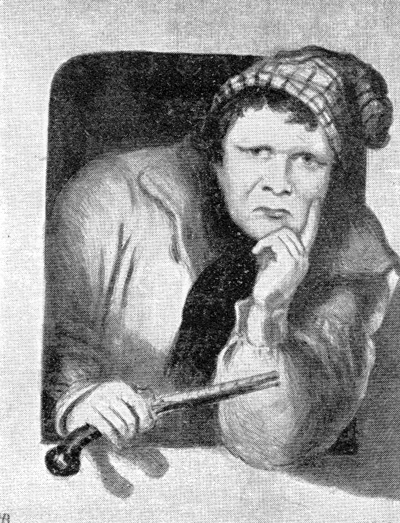|
There was a great deal of brooding discontent in the country at the opening of Queen Victoria's reign, which soon passed into a phase calling for active measures of repression. Some have recognised in the Chartist movement the chagrin of the working classes, who having imparted to the mills of State the impetus necessary to grind out political rights for their employers—the merchants, farmers and middle class generally - found themselves no better equipped for political action than they were before. But such a suggestion finds no reflection in actual experience of popular movements. Agitators might declaim in vain against the injustice of a restricted franchise if their hearers had no other cause for discontent. The real root of bitterness lay in the suffering and distress caused by the severe winter of 1837-8, the high price of bread, and, on the top of all, detestation of the new Poor Law. It is genuine grievances such as these which, from time to time, force on the attention of those who suffer from them the glaring contrast between the privations of the many and the superfluities of the few. So, in 1838, hungry crowds were easily persuaded to listen to denunciations of the privileged classes ; to believe that the Queen and a dilettante Prime Minister were insensible to their sufferings so long as their own tables wore abundantly supplied ; and that Government was no more than a machine for enriching the classes at the expense of the masses. It has to be remembered, also, that during the development of crowded centres of population, consequent on the rapid increase in various industries, the artizan and mining classes found themselves at a great disadvantage in negotiating with their employers, owing to the stringent laws regulating trades unions. A whole generation was to pass away before, in 1875, Mr. (now Viscount) Cross should pass a measure abolishing criminal proceedings in cases of breach of engagement, placing employer and workman on equal terms before the law, and enacting that nothing which it was legal for a single workman to do should be illegal when done by a combination of workmen or a trades union. The Whig leaders having declined to re-open the question of electoral reform, a document was drawn up at a conference between a few Radical members of Parliament and the representatives of the Working Men's Association, formulating the demands made on behalf of the proletariat. Universal male suffrage, annual Parliaments, vote by ballot, abolition of the property qualification required at that time from a member of Parliament, payment of members, and equal electoral districts, were the six points insisted on ; of which three, it will be seen, have since been practically carried into effect. "There is your Charter ! " exclaimed O'Connell, handing it to the secretary of the Working Men's Association ; "agitate for it, and never be content with anything less." The term took the popular fancy; the programme became known as the Charter, and those who supported it were hereafter known as Chartists. |
|
|
